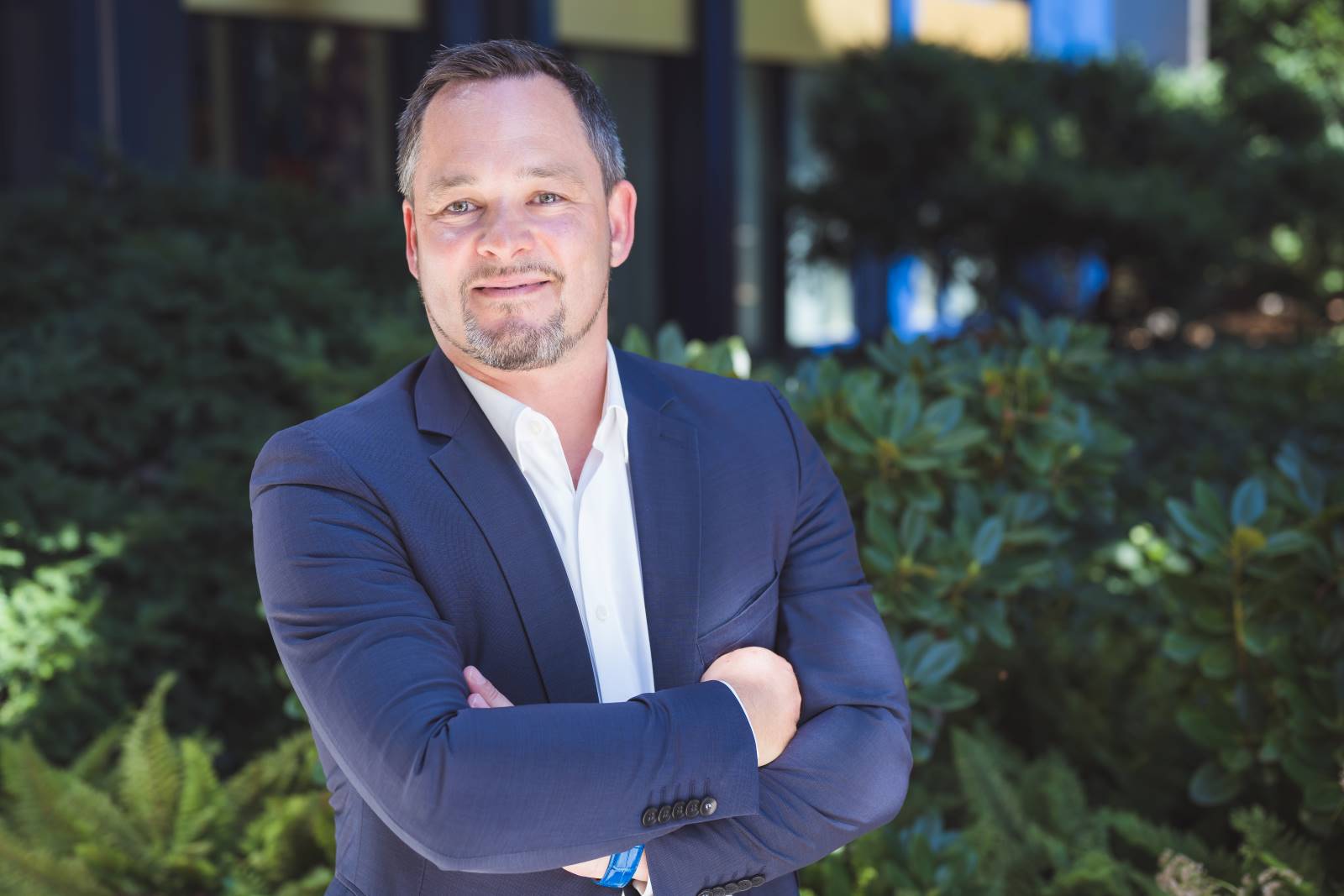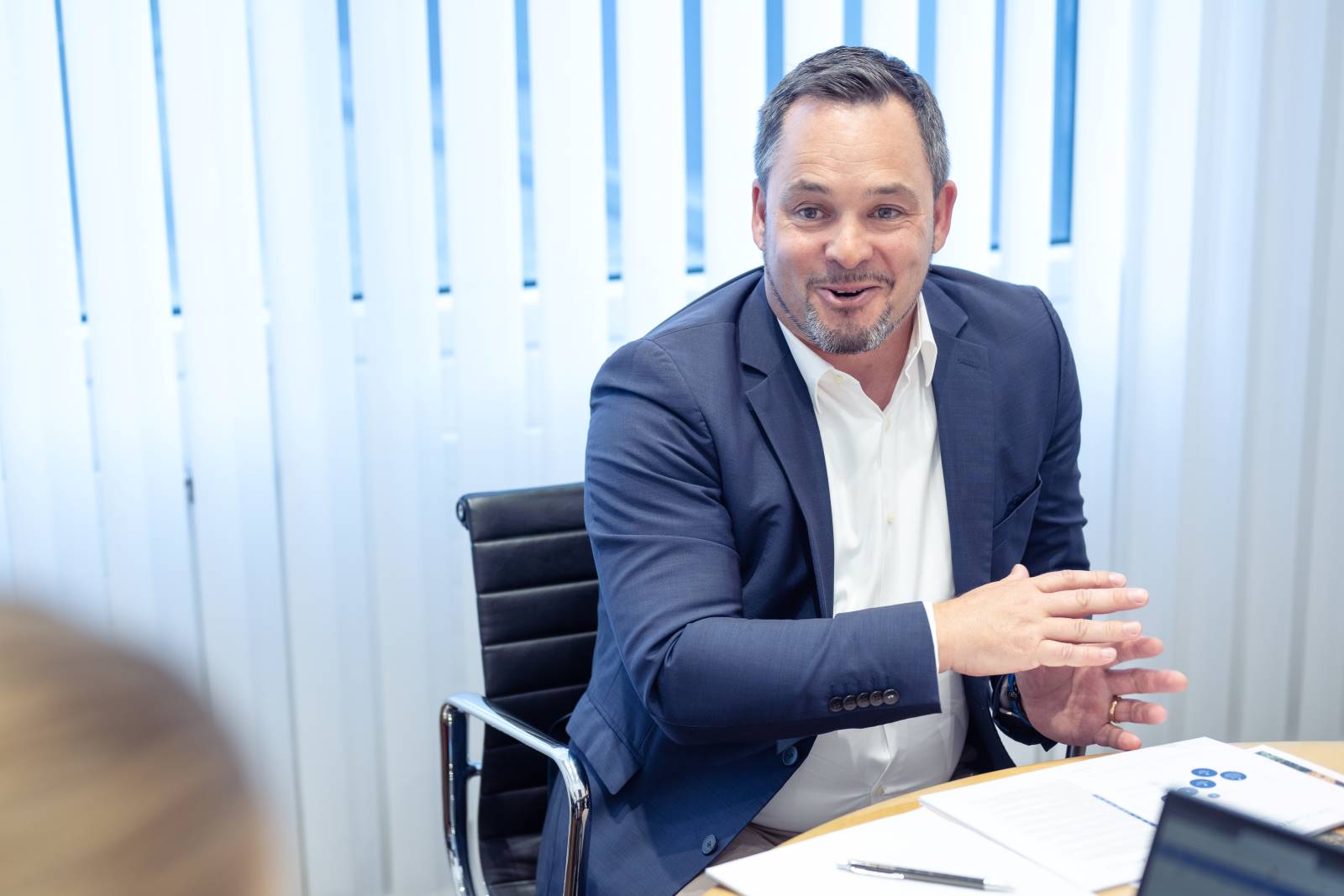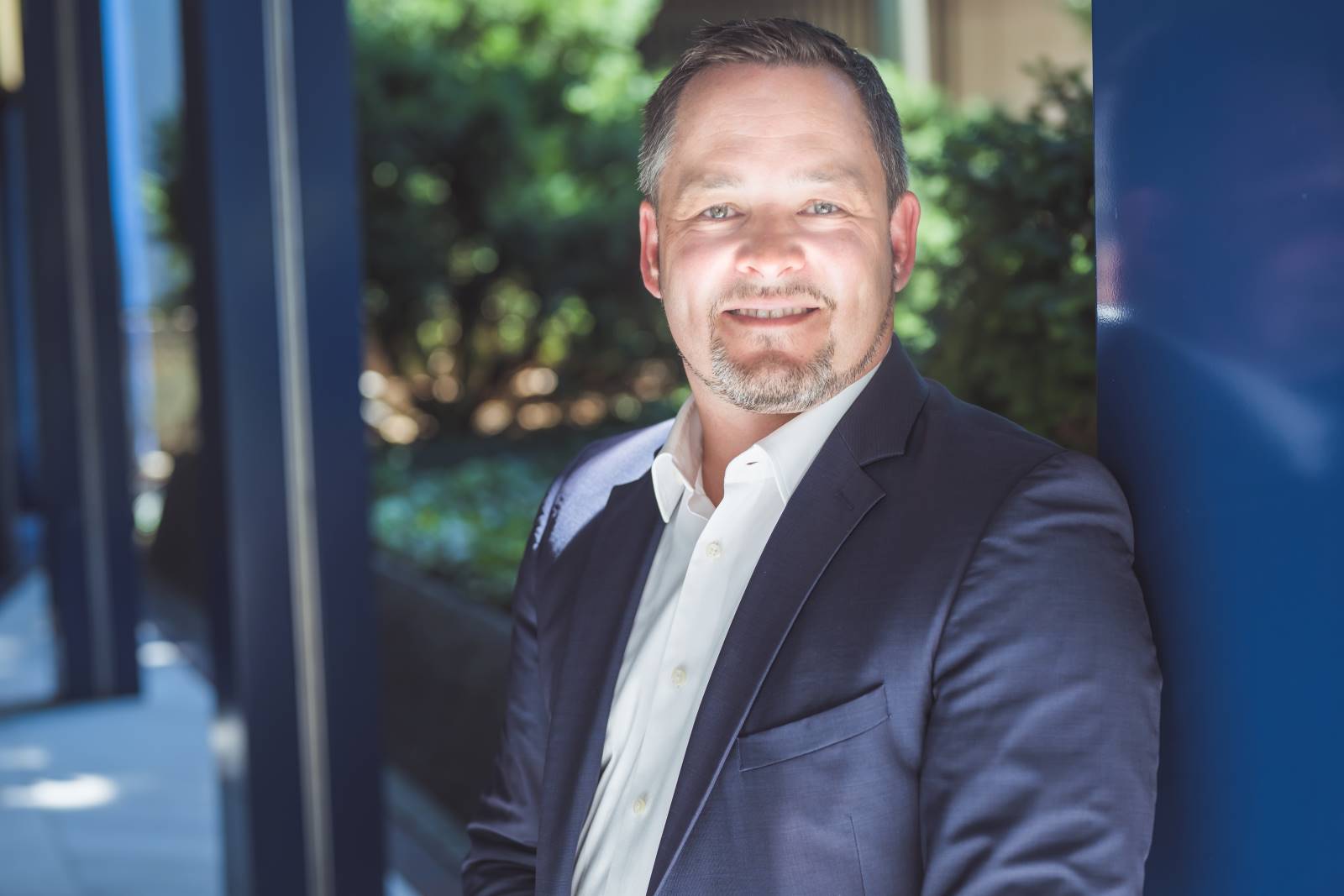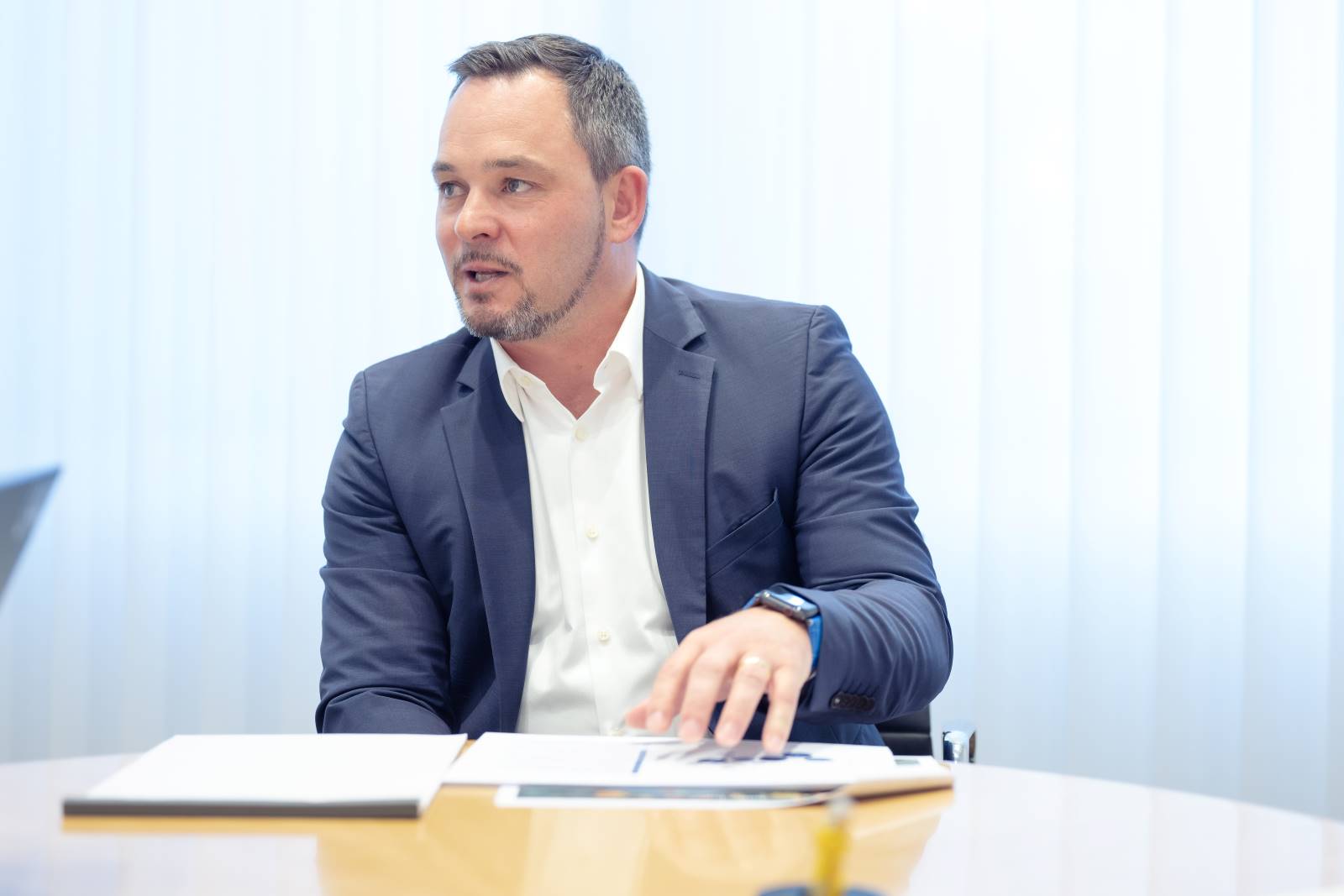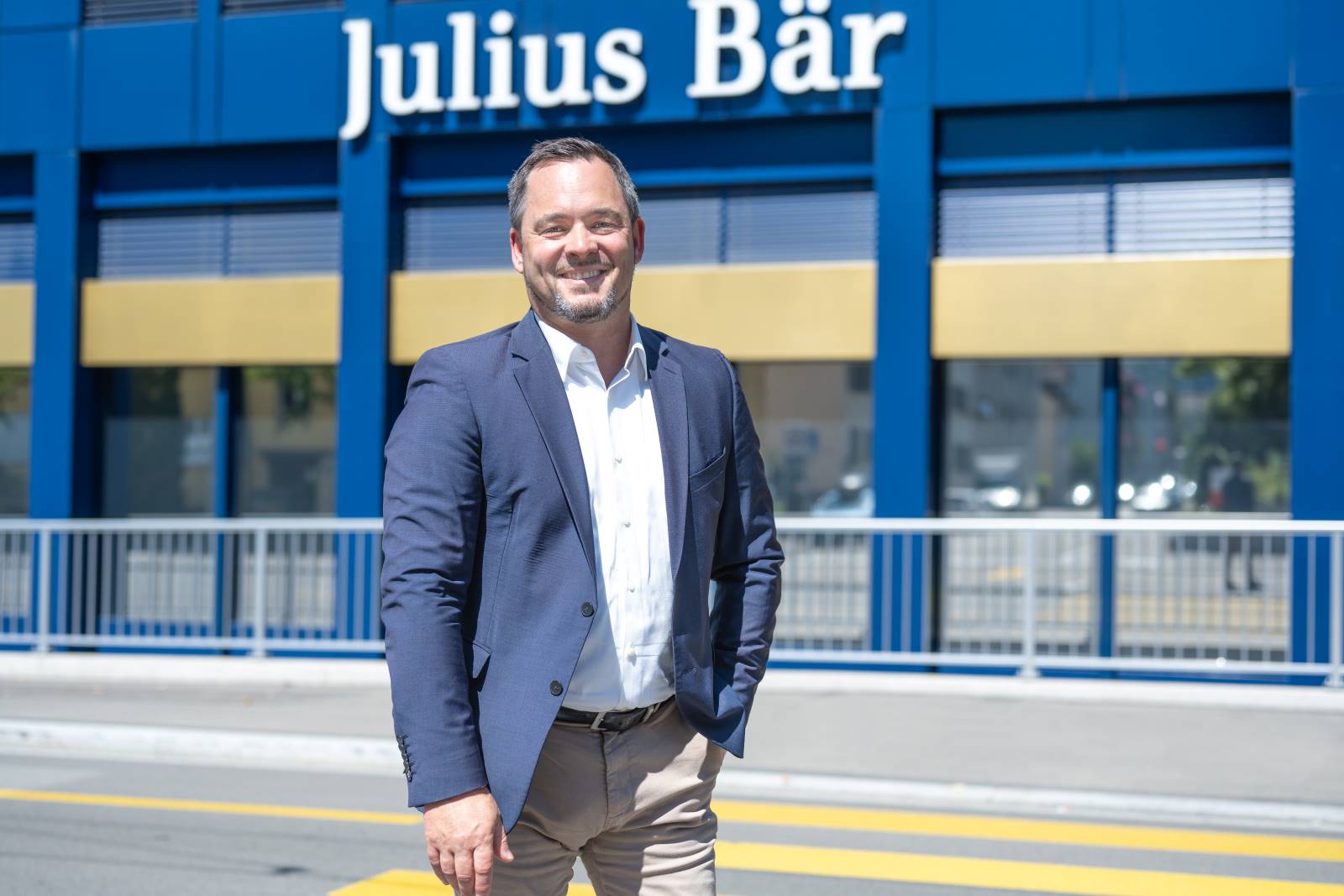About Julius Baer
Julius Baer is the leading Swiss wealth management group and a premium brand in this global sector, with a focus on servicing and advising sophisticated private clients. In all we do, we are inspired by our purpose: creating value beyond wealth. At the end of June 2022, assets under management amounted to CHF 428 billion. Bank Julius Baer & Co. Ltd., the renowned Swiss private bank with origins dating back to 1890, is the principal operating company of Julius Baer Group Ltd., whose shares are listed on the SIX Swiss Exchange (ticker symbol: BAER) and are included in the Swiss Leader Index (SLI), comprising the 30 largest and most liquid Swiss stocks.
Julius Baer is present in over 25 countries and around 60 locations. Headquartered in Zurich, we have offices in key locations including Bangkok, Dubai, Dublin, Frankfurt, Geneva, Hong Kong, London, Luxembourg, Madrid, Mexico City, Milan, Monaco, Mumbai, Santiago de Chile, São Paulo, Shanghai, Singapore, Tel Aviv and Tokyo. Our client-centric approach, our objective advice based on the Julius Baer open product platform, our solid financial base and our entrepreneurial management culture make us the international reference in wealth management.
For more information visit our website at www.juliusbaer.com







